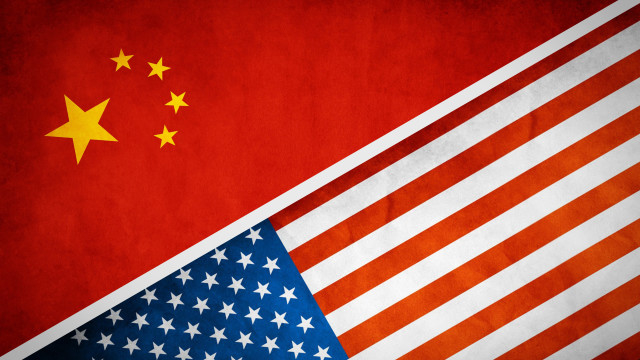The United States and China. They are the world’s largest economies and superpowers. This week, Chinese President Xi Jinping will meet with U.S. President Barack Obama in an effort to forge new agreements and improve relations between the two countries.
Despite the differences in worldviews and politics – U.S.-China relations are at the forefront of the global political arena.
This week, on a special edition of Full Frame – we’ll hear from influential thought leaders on the current state of U.S.-China relations and opportunities for cooperation that can lead to lasting solutions to some of humanity’s most difficult challenges.
Tune into Full Frame on CCTV America at 7:00 pm ET on September 26, 2015.
Chinese Ambassador Cui Tiankai: Common interests, common solutions
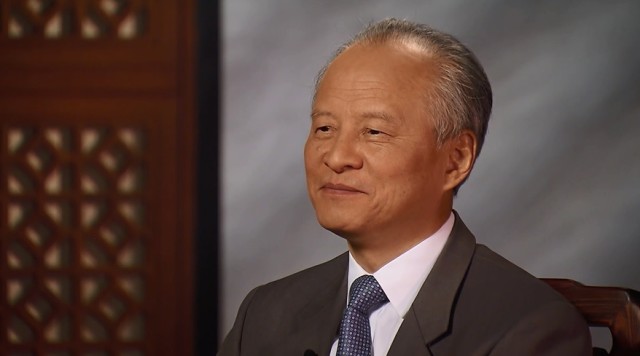
Cui Tiankai, China’s Ambassador to the U.S., discusses the importance of President Xi Jinping’s visit to the U.S.
Chinese President Xi Jinping is in the United States for an official state visit this week. It includes meetings at the White House with President Barack Obama and a state dinner hosted by the U.S. president and First Lady Michelle Obama.
President Xi’s trip to the United States will culminate with an address to the United Nations General Assembly in New York next week.
The state visit has, once again, brought China-U.S. relations into the spotlight.
CCTV America’s Anand Naidoo recently sat down with Cui Tiankai, China’s Ambassador to the United States, to discuss the importance of President Xi’s visit and the current state of U.S.-China relations.
Martin Jacques: China’s rise to power
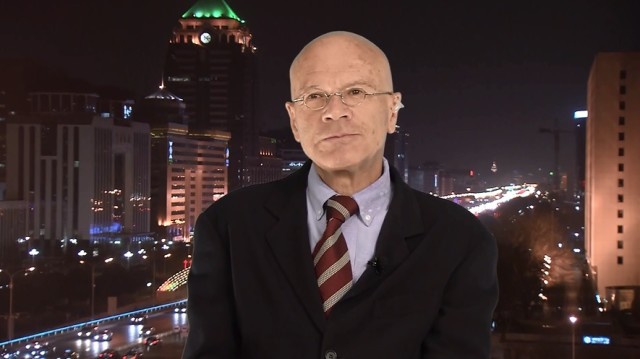
Author Martin Jacques offers insight on China’s relationship with the U.S. and the rest of the Western world.
There is no denying that as the world’s second largest economy, China’s global economic influence is significant.
Martin Jacques, senior fellow at the Department of Politics and International Studies at Cambridge University and a visiting professor at Tsinghua University in Beijing, argues that China’s impact on the world reaches far beyond the economic realm and can be better understood through the history of civilization.
His global best-seller When China Rules the World: the End of the Western World and the Birth of a New Global Order was first published in 2009 and has since been translated into 14 languages and sold more than a quarter million copies.
From Beijing, he joins Mike Walter with further insight on China’s relationship with the United States, and the rest of the Western world, and why it needs to be put into cultural and ideological frameworks.
Follow Martin on Twitter: @MartinJacques
James Cameron: Eating meat-free to save the planet
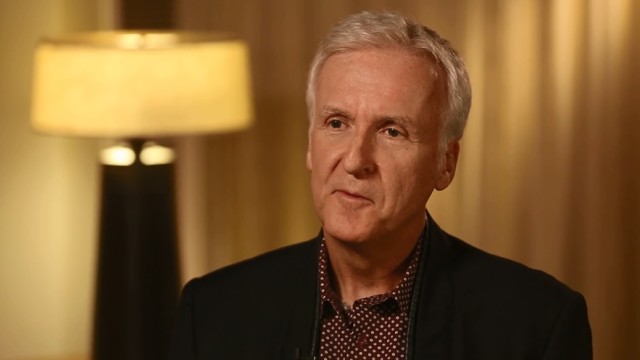
Canadian filmmaker James Cameron discusses the importance of a climate change deal between China and the U.S.
When U.S. President Barack Obama visited Beijing last November, he and Chinese President Xi Jinping announced a joint landmark agreement to fight the effects of climate change.
It committed the two nations to reduce planet-warming carbon emissions and cemented a first-ever pledge by China to stop its emissions from growing by 2030.
The accord was widely hailed as a crucial first step toward prompting other nations to make their own greenhouse gas cuts. This as a new global agreement on curbing climate change is expected to be signed this fall, by every nation around the globe, at a United Nations summit in Paris.
As a stepping stone to meeting these carbon-cutting goals, U.S. and Chinese climate change negotiators met in Los Angeles earlier this month. They announced joint actions by cities, states and provinces, in both countries, to reduce greenhouse gas emissions.
Attending the summit was Oscar-winning director James Cameron – a Hollywood powerhouse whose iconic blockbuster films “Titanic” and “Avatar” set global box office records. Cameron led a roundtable discussion on sustainability in the food chain and the impact our diets have on climate change.
Mike Walter sat down with James Cameron at the 2015 U.S.-China Climate Leaders Summit to get his take on the global importance of a deal between the world’s top two carbon polluters in curbing global climate change once and for all.
Follow James on Twitter: @JamesCameron
Freda Lee-McCann: Chinese calligraphy with a Western spin
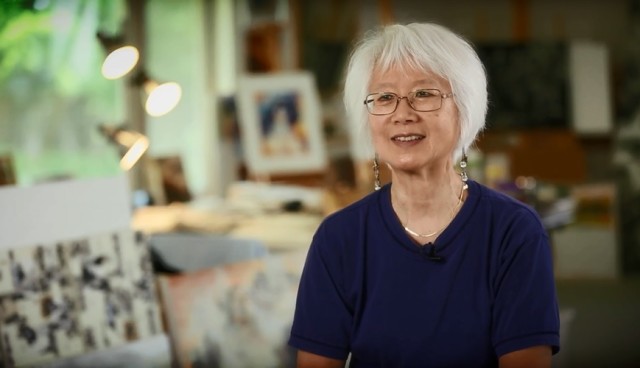
Chinese-American artist Freda Lee-McCann discusses her artistic combination of traditional Chinese calligraphy with Western influence.
Whether it’s music, painting or sculpture – the arts are a universal language — transcending language and cultural barriers and bringing people together in a shared human experience.
Calligraphy – or the written word as art – has ancient roots, dating back to 600 B.C.
The work of Chinese-American artist Freda Lee-McCann is also deeply rooted in history and tradition. She combines her mastery of traditional Chinese brushwork with a more Western-style of watercolor painting.
The result is art that brings to life her worldview as an artist born in the United States but who grew up in China.
In her hands the ancient art of calligraphy takes on a colorful new meaning. On this week’s Full Frame Close Up, we visit Freda in her studio in Virginia to witness her creative way of bringing East and West together.
Tune into Full Frame on CCTV America at 7:00 pm ET on September 26, 2015.
 CGTN America
CGTN America